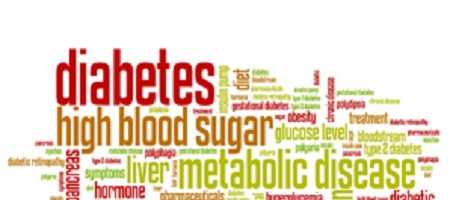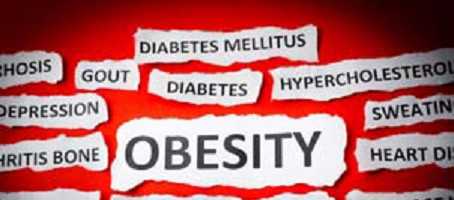In people without diabetes, a molecular mechanism causes insulin to prevent the production of glucose by the liver. But when people develop type 2 diabetes, this mechanism stops working, leading to hyperglycemia. Researchers from Yale University have identified why.
The study, published in Cell, goes against conventional wisdom. Previous research suggested that insulin had a direct effect on the liver, but this study challenges those theories, and could be key to the development of new and better treatments for type 2 diabetes.
The research team hypothesised that insulin prevented the breakdown of fat. As a result, the body would produce less hepatic acetyl CoA, which is a molecule involved in the process of converting amino acids into glucose. In other words, preventing fat from breaking down directly inhibited the liver’s ability to produce glucose.
By reversing the process, researchers increased glucose production and hyperglycemia in rodents fed a high-fat diet, as well as insulin-resistant adolescents. The hyperglycemia occurred as a result of inflammation in fatty tissue.
The study represents a new insight into how insulin resistance works, and could potentially improve how type 2 diabetes is treated.
Gerald I. Shulma, the George R. Cowgill Professor of Physiological Chemistry, Professor of Medicine and Cellular and Molecular Physiology at Yale School of Medicine, said: “In the study, we set out to examine how insulin normally works to turn off production of glucose by the liver and why this process goes awry in patients with type 2 diabetes.
“These studies identify hepatic acetyl CoA as a key mediator of insulin action on the liver and link it to inflammation-induced hepatic insulin resistance and type 2 diabetes.
“None of the drugs we currently use to treat type 2 diabetes target the root cause. By understanding the molecular basis for hepatic insulin resistance we now can design better and more effective drugs for its treatment.”
What's new on the forum? ⭐️
Get our free newsletters
Stay up to date with the latest news, research and breakthroughs.








